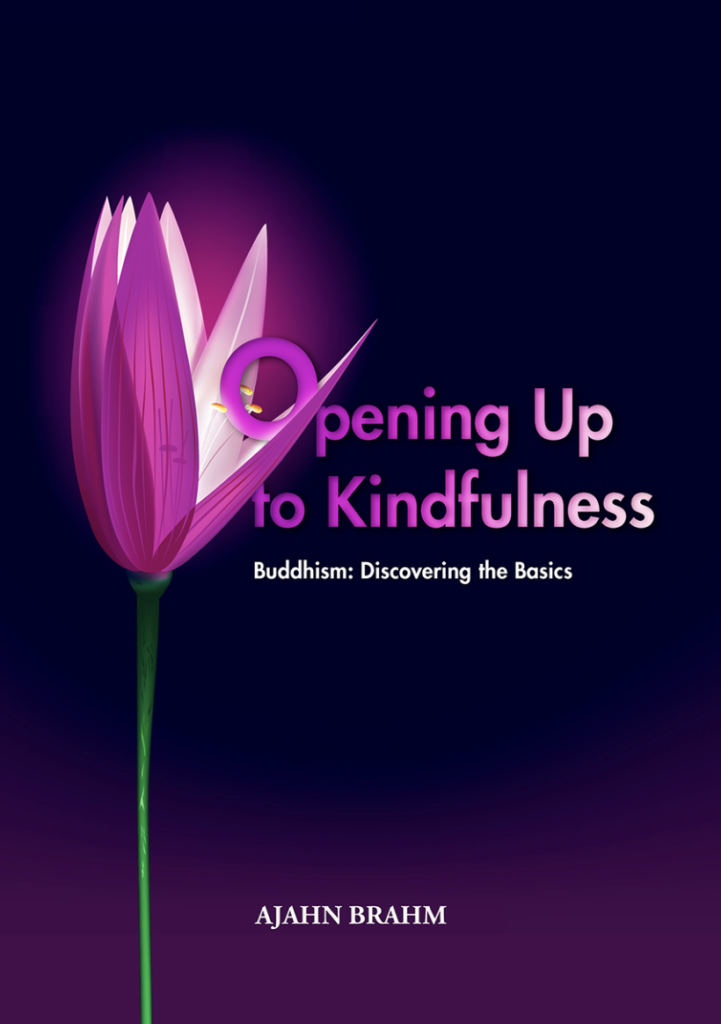
Foreword by Ajahn Brahmali
Mindfulness, shmindfulness. It’s everywhere. In many countries, large parts of the population have been exposed to this fashionable trend, sometimes to the point of weariness. More to the point, while the benefits of mindfulness have been publicised with much fanfare, are we really getting it right? Or could it be that we are missing out on the full potential of this ancient Buddhist practice?
The mindfulness movement has its roots in Buddhism. Early advocates used the ancient Buddhist idea to establish their own brand of mindfulness. In effect, they extracted one aspect of the Buddhist teachings, repackaged it using modern terminology, mixed it with contemporary psychology, and sold it as a tool to enhance emotional well-being and cognitive abilities. To make it more palatable to general society, they deliberately downplayed the connection to Buddhism.
There are serious downsides to this approach. Perhaps the most important of these is the loss of the context in which mindfulness appears in Buddhism. In Buddhism, mindfulness is just one factor among many that lead to enhanced well-being. In fact, mindfulness is not independent of the other aspects of mind but is founded on other more basic qualities. It is these qualities that give mindfulness its stability and power. Without them, mindfulness has a very limited effect.
Enter Ajahn Brahm. Sometimes it takes someone special to point out the obvious. Drawing on the Buddhist suttas—the word of the Buddha—he has pointed out that true mindfulness is always based on morality. Moreover, Buddhist morality is not just a negative morality of avoiding what is bad, but a specific positive morality of doing good. Only a good-hearted person will enjoy truly strong and potentially life-changing mindfulness. And by developing the good qualities of the heart, mindfulness will continuously improve.
Yet the true genius of a powerful spiritual teacher is to come up with new ways of expressing ancient wisdom. The word kindfulness combines a deep appreciation of the working of the Dharma with a playful imagination, both of which are hallmarks of Ajahn Brahm’s approach to Buddhism. Through profound understanding and light-hearted delivery, he imparts these life-changing teachings in an attractive manner to the world at large. Fun and wisdom, wisdom and fun. They always go together. And they are beautifully encapsulated in that innovative word: Kindfulness.
Happy birthday, Ajahn! For reasons not entirely selfless, we wish you many more years as a creative, inspirational, and wise Dharma teacher.
With the greatest respect and appreciation,
Ajahn Brahmali 1 July 2021
Download the full book here:
